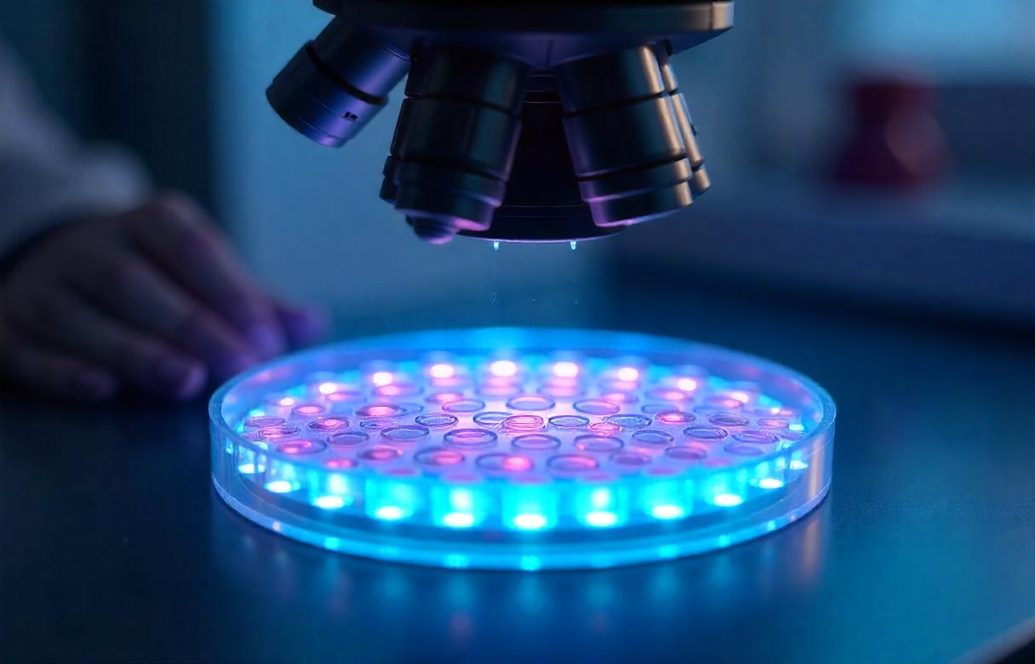
@ShahidNShah


A chemiluminescent immunoassay is a special lab test used to detect tiny molecules like proteins, hormones, or peptides in samples like blood or fluids.
It’s a type of enzyme immunoassay (EIA), which is common in medical testing and other industries.
Many labs use a Chemiluminescent Immunoassay Kit to perform these sensitive and accurate tests efficiently.
The test uses the natural “lock-and-key” idea from immunology, where a protein called an antigen binds to a matching antibody.
The antibodies or antigens in the test are attached to enzymes. When the enzyme reacts with a special chemical (called a substrate), instead of changing color like in some tests, it produces light.
The light happens because of a chemical reaction that excites the substrate. When the excited molecule returns to normal, it releases a tiny flash of light called chemiluminescence.
A machine detects this light, and the amount of light tells us how much of the target molecule is in the sample.
Automated CLIA analyzers are advanced machines that run tests quickly and accurately. Here’s what makes them great:
These machines work on their own without much human help. They can run tests randomly and handle different workloads, from about 100 up to 900 tests every hour.
They can test for many important health markers, like thyroid function, fertility, cancer, heart health, bone health, anemia, infections, diabetes, and liver problems.
The machines can load and process between 50 and 1000 samples at the same time, making them efficient for busy labs.
They use special chemicals that help detect very small amounts of substances with high accuracy.
Test chemicals come in different sizes, so labs of all sizes can use them easily.
The reagents, controls, and other supplies can be used across different models of the same brand, making it easy to switch or upgrade machines.
These analyzers can be connected with other lab machines, like chemistry analyzers, to make lab work smoother and more efficient.
They support bi-directional connection to lab computer systems (LIS), so test results can be easily shared and managed.
The method is widely used because it gives fast, accurate, and highly sensitive results in many scientific and medical tests.
CLIA (Chemiluminescent Immunoassay) is a lab test method that helps detect and monitor many health conditions. Here are some common uses:
CLIA helps find infections caused by viruses, bacteria, fungi, and other germs by looking for specific markers called antigens or antibodies in blood or other samples.
Because CLIA is very accurate and sensitive, it’s great for checking hormone levels. It’s used to test hormones related to reproduction, thyroid function, and adrenal glands.
CLIA helps detect special substances (tumor markers) that can show if cancer is present. Finding these markers early can help doctors treat cancer sooner.
CLIA can measure things like blood sugar (glucose), insulin, and fats (lipids) to help diagnose problems with metabolism.
It accurately measures vitamins like Vitamin D and Vitamin B12 to see if someone is lacking important nutrients.
CLIA is used in tests that check for infections like HIV (human immunodeficiency virus), HBV (hepatitis B), and HCV (hepatitis C).
CLIA detects the hormone hCG, which shows if someone is pregnant.
Testing thyroid hormones is one of the most common uses of CLIA. These tests help diagnose thyroid diseases by measuring specific thyroid-related substances in the blood.

AI agents are arguably one of the most avant-garde trends in Artificial Intelligence (AI). Recently, Salesforce has made a push into this territory with its Agentforce solution. This platform is …
Posted Jul 3, 2025 Artificial Intelligence Healthcare
Connecting innovation decision makers to authoritative information, institutions, people and insights.
Medigy accurately delivers healthcare and technology information, news and insight from around the world.
Medigy surfaces the world's best crowdsourced health tech offerings with social interactions and peer reviews.
© 2026 Netspective Foundation, Inc. All Rights Reserved.
Built on Mar 5, 2026 at 5:33am